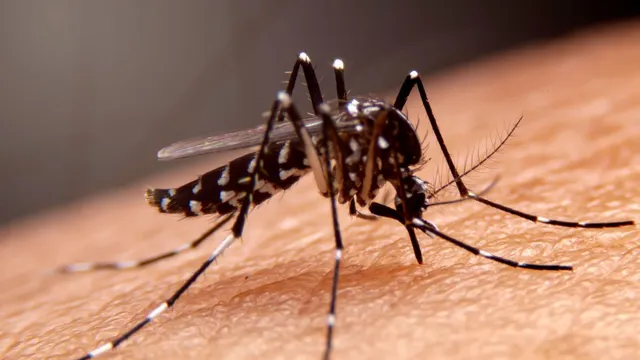- By Iram Hussain
- Sun, 13 Jul 2025 06:09 PM (IST)
- Source:JND
Monsoons provide welcome relief from the heat, but they also cause a noticeable spike in infections such as viral fevers, dengue, and typhoid. The seasonal surge has a direct connection to what happens in the environment, water quality, and hygiene habits during the rainy season. Environmental factors play a substantial role in the spread of infections during monsoons. Flooding and waterlogging create ideal breeding grounds for mosquitoes which are vectors for diseases like dengue and malaria.
In a conversation with The Daily Jagran, Dr. Tushar Tayal, Consultant, Internal Medicine, CK Birla Hospital, Gurugram explained why viral fever, dengue and typhoid surge in monsoon.
Viral Fevers
The wet atmosphere and humidity of monsoon reduce the immunity level of the body, so it becomes convenient for viruses to spread. These infections are generally passed on by air, direct contact or contaminated surfaces. The common symptoms are fever, tiredness, body pain, sore throat and in some cases, gastrointestinal disturbances. Crowded indoor spaces prevalent in the rains and provide an ideal environment for viruses to spread rapidly among individuals.
ALSO READ: Monsoon Asthma And Allergies: Doctor Shares Breathing Tips For Asthmatics
Dengue
Dengue is an insect-borne disease that experiences an epidemic during the monsoon. The virus is transmitted by Aedes aegypti mosquito which breeds in clean, still water found in open containers, flowerpots, discarded tyres and clogged drains. Poor drainage or water management areas are particularly at risk. The symptoms start with acute high fever, headache, pain in muscles and rash and can develop into severe complications if not treated early.
Typhoid
Infectious with the bacteria Salmonella typhi, typhoid is often contracted through contaminated water and food, a typical monsoon problem. Heavy rainfall can cause sewage to contaminate drinking water through leaks or flooding. Street food or unfiltered water consumption heightens the risk. Symptoms are headache, prolonged fever, weakness, abdominal pain and digestive upset.
ALSO READ: Doctor Recommends Essential Measures To Stay Safe From Dengue
Prevention Tips
To remain safe, do not drink untreated or open water and use boiled or filtered water instead. Do not eat from food stalls by the roadside. Drain pails that catch rainwater to prevent breeding of mosquitoes and use mosquito repellents or mosquito nets at home. Proper handwashing and cleanliness are essential.

